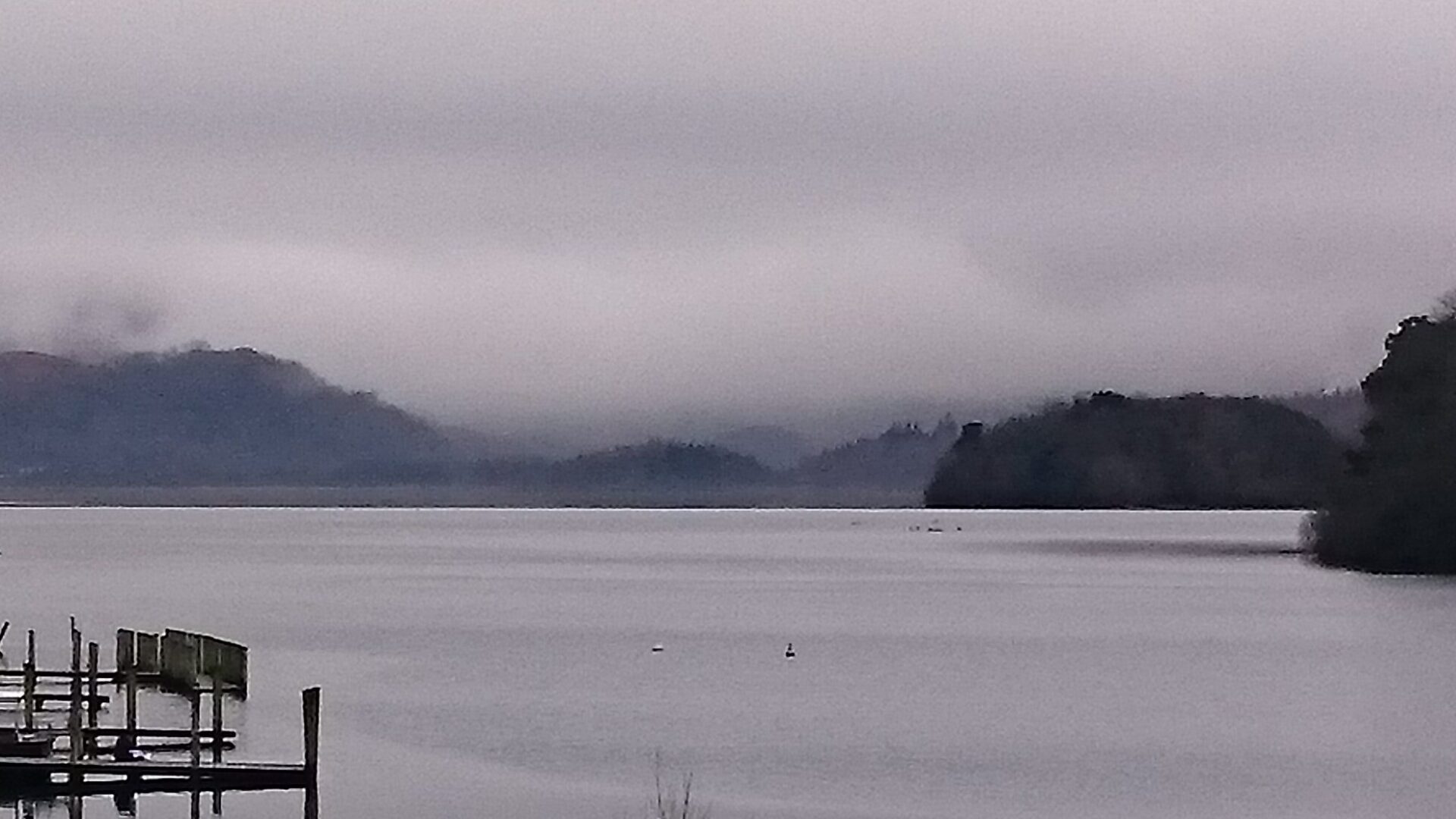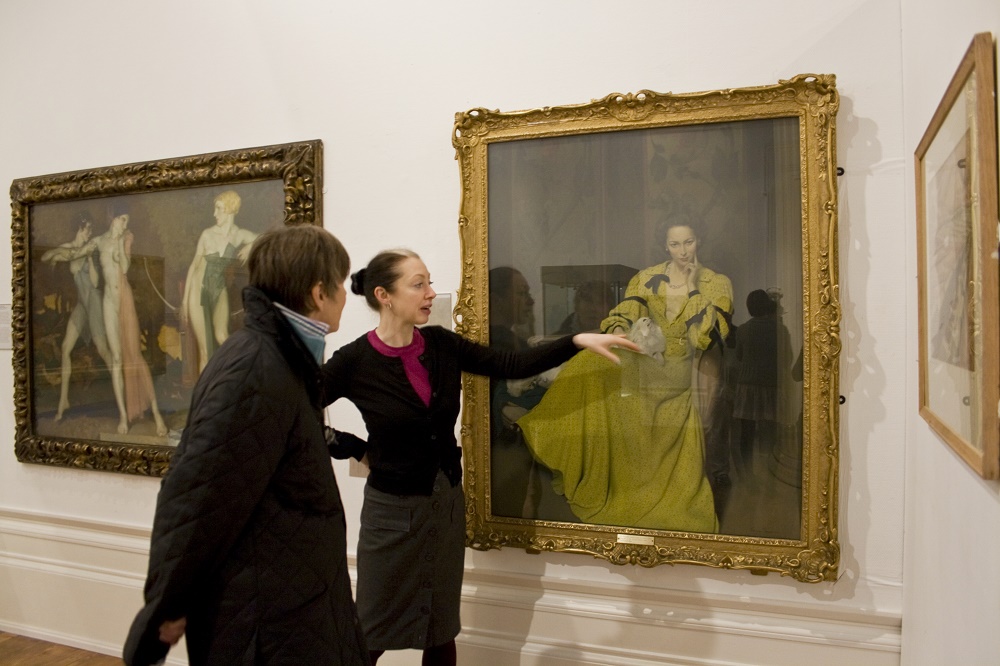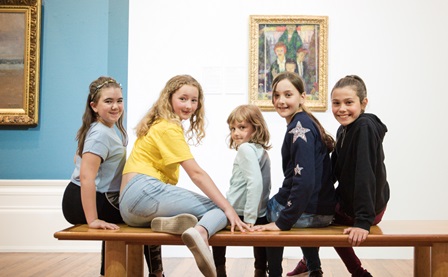
North West Reads Book 22: Beastings by Benjamin Myers
This is not a novel for the faint-hearted reader. It is set in the period just before the outbreak of the First World War and its location is the fells of Cumbria’s Lake District, a place of picturesque beauty and of hidden violence and darkness.
The Girl, as she is known throughout the novel (though we do discover her real name in time) had only a few sketchy memories of her home life on a farm on an isolated fell in Westmoreland. She only remembered fear and chaos, cold and neglect until she was taken by the Church to an unnamed town and an orphanage called St Mary’s. Conditions were little better here; the regime was harsh and loveless. The Girl was a mute, and it was assumed that she was stupid, a dummy. The Sisters who ran the orphanage had complete power over their charges and over them all was the Priest, a figure who was both respected and feared by the residents of St Mary’s and the local community.
When the Girl came of working age she was placed with a local family who required a general help in the house. Hinckley was a stonemason whose wife had recently given birth. The birth has worsened her already failing health; she had a persistent cough and a debilitating level of fatigue that suggested she had tuberculosis. Listless and with little interest or energy to care for her baby the church stepped in and brought the Girl to the house. She had little choice in the matter, in fact her whole life has been one of having no choices. She and the Sister were greeted on the doorstep by a shirtless Hinckley who appeared to be unaware of the arrangement. Speaking about the Girl as if she wasn’t there the Sister tells him her muteness was a sign of ‘bad breeding’ and a consequence of her family’s ‘devilish ways’; she was, however, a good worker, not lazy at all and, most importantly, she was good with children and babies. This proves to be true, and Hinckley and his wife have little cause to complain as she gets on with the work and cares for the child. They don’t realise that the Girl, for the first time in her life, now had someone to care for and love, and a deep attachment develops between her and the baby. Away from the Sisters and from their scrutiny and punishments the Girl was able to think and dream about having a different life, a better one.
Her decision to take the child and leave early one late summer morning takes them all by surprise. No one had thought this down-trodden girl who had never been able to exert any control over her own life was capable of planning and doing such a thing, and it would not be the last time that people would underestimate her. She had a good reason to flee; she had seen how Hinckley treated his child, witnessing him violently shaking it when it refused to stop crying. The Girl had the presence of mind to take the baby from him; he was so startled he let her and did not react violently towards her. The taking and running away with the baby was the only thing she could do to prevent further abuse or worse. Even if she’d had the power of speech her status within the community and the contempt in which they held her would have rendered her testimony as unreliable and useless. Also, the Sisters had taught her work but not to read or write. Determined that this baby would not endure the treatment and life she’d experienced she heads for the fells, dreaming of finding an island on which they could live away from others, away from people who hurt and abuse them.
Hinckley goes to the Priest for help, after all the Girl had come from the orphanage he oversaw. Although he was a bully at home, in front of the Priest he was cowed and fearful, such was the power of the Church at this time. This Priest was not gentle or holy, instead he was an arrogant bully with a conviction that his faith in God made him infallible. His contempt for the people he was supposed to serve was plain and he did nothing to hide it. He blames Hinckley for the Girl taking the child. This action filled him with a deep rage. This was one of ‘his’ girls, she belonged to him, and she would be found.
The Priest decides to go after her on foot and hires a local Poacher and his dog to track them. He tells the Poacher that for this work all outstanding charges and misdemeanours hanging over him would be cleared. His contempt for the Poacher was even deeper than his contempt for Hinckley; as the hunt progresses the Priest does not hold back the nasty, very personal insults he throws at the Poacher. The Poacher does not retaliate. Priests were held in high esteem and were unchallengeable. Even a man such as the Poacher, who did not go to church or practice the faith, would have been wary of the power of the Priesthood and their connections with other powerful people, such as the judiciary. Unlike Hinckley, however, the Poacher was not cowed or afraid of the Priest. His weapon of choice are his questions. As their search progresses, his questions about God, the Girl and the real reasons behind the Priest’s quest for her and the child start to niggle the Priest. When the Poacher raises questions regarding the rumours around the town about the Priest and the girls at the orphanage, he knows that he has hit a nerve when he receives a barrage of insults in reply.
Convinced that he can protect himself, the Poacher continues to bait the Priest, who was becoming more and more desperate and paranoid as the search went on. Then again, maybe his paranoia was derived in part from the white powder took in his drink. At first, he did this surreptitiously, out of sight of the Poacher, but in time he ceased to hide this habit. ‘Forced March’, made by the pharmaceutical company Burroughs Wellcome, was marketed as a wonder drug that gave users energy and vitality. The Priest had been introduced to the product by his pharmacist to help with a rattling cough. A powerful mixture of coca leaf and Koala nut, that is cocaine and caffeine, it was highly addictive and explains how the Priest, much to the initial puzzlement of the Poacher, was able to maintain a level of stamina that enabled him to walk for long periods and distances without rest breaks.
Although the Priest referred to the Girl as an imbecile, the Poacher comes to question his view of her and comes to respect her resourcefulness and determination. On the first night of her flight the Girl had come to a farm. The farmer had allowed her to stay, giving the Girl and the baby some beastings, that is the first milk from a cow (or a goat) after it had giving birth. It would be some beastings that saved the Girl from the baser desires of the farmer. She recognised the look on his face from other experiences with men in her past, but this time she leaves unmolested. Taking remote and seldom trodden paths through the fells of Cumbria she meets others on the way. A camping couple on the way to walk Helvellyn appear from a tent. The husband, with a deep love of Wordsworth and the area that made him, was in rapture at being here. His wife was less than impressed by being outdoors and exposed to the elements. The Girl silently observes the power of this woman, as she was not afraid of her husband. Not all men beat their wives or are violent towards women.
Nearing Derwentwater she meets another man, Tom Solomons. Inspired by the writer Henry Thoreau, he had taken up residence in a cave and lived in the wild. The Girl is initially afraid of him, but as he chats away amicably and gives her food, her fear subsides. He was not bothered by her muteness and tells her about his life, including his personal philosophy and the reasons why he left London, and his desk job, behind. The tins of food and some foraging helped to keep her going while she built shelters out of the bracken and washed herself and the baby in tarns. Solomons would later meet her pursuers, but this time the meeting would not be at all pleasant and would show how desperate and to what lengths the Priest was prepared to go in order to capture his quarry.
Despite her resourcefulness the Girl does not have sufficient knowledge and experience to live in the wild. The food she had been given and had foraged soon runs out, and she resorts to scraping whatever she can find to eat. She becomes exhausted and the baby stops crying and eventually stops responding at all to her. She presses on to try and find a place of safety for her and the baby as the Poacher and the Priest gain ground on them. The Poacher continues to bait the Priest with questions, then accusations, eliciting further anger and insults from the Priest. The Poacher had seen how dangerous and desperate the Priest was but was determined to continue confronting him. As the hunted and the hunters ascend Kirkstone Pass the pursuit descends into horror, madness and violence. The Priest will never let them get away. His unwavering conviction that he was doing God’s will causes him to cast aside any moral restraint to enable him to capture the Girl and child.
This is a deep, dark, brooding novel, a story of fear and violence within the sublimely beautiful and picturesque Lake District. The Girl barely notices the beauty of her surroundings, her life at her childhood farm home and at the orphanage was abusive and brutal, devoid of beauty and comfort. The open fells, the remoteness and lack of people holds no fear for her, it’s only people she fears, they can hurt her. The Priest, not from Cumbria, views these northern lands and people as uncivilised and backward. When the Poacher asks him whether he should ask the Priest’s or God’s opinion on any matter, the Priest answers that they are the same thing. A man who is convinced of his own infallibility and who views others as inferior to him is a dangerous man; more so when you add this Priest’s darkest secrets into the mix, secrets that he could never allow to come out into the open. The Girl, free and not under anybody’s control, is as much a danger to him as he is to her. The Girl and child head for a place of safety, but the Priest is closing in on them. This powerful novel and its conclusion will stay with you long after you have finished it.

Friends of the Harris
Join us today
Help more of Preston’s people enjoy the Harris by becoming a Friend – and you’ll get closer to artists, curators and collections too.
Find out more
Support us
Your community needs you
A donation from you today will support local people, including those most in need, by helping to create #HarrisYourPlace for everyone.
Donate now
